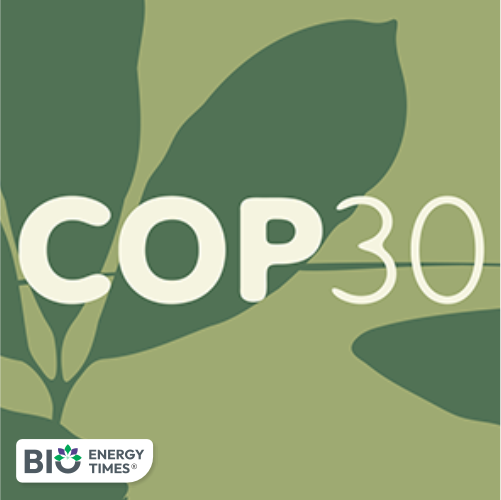The Democratic Republic of Congo (DRC) has unveiled a groundbreaking initiative: the National Digital Carbon Credit Registry, aimed at advancing transparent, technology-driven climate governance. The project is a collaboration between the Ministry of Environment, Sustainable Development and the New Climate Economy, the Ministry of Digital Economy, M&M Greentech, and technology partner TRST01.
The launch, presented at COP30 in Brazil, positions the DRC as a global leader in sustainable natural-resource management and digital environmental accountability.
Technology at the Heart of Climate Action
Under the leadership of President Felix Antoine Tshisekedi Tshilombo and Minister of Environment Dr. Marie Nyange Ndambo, the initiative establishes a comprehensive digital ecosystem managed by the Carbon Market Regulatory Authority (ARMCA) to oversee carbon assets, forest resources, and environmental impact.
Key features of the program include:
National Carbon Credit Registry aligned with Article 6 of the Paris Agreement, enabling transparent registration and trading of verified carbon credits and Internationally Transferred Mitigation Outcomes (ITMOs).
AI-powered deforestation monitoring using satellite imagery, GIS mapping, and real-time analytics to safeguard the Congo Basin, the world’s second-largest carbon sink.
Blockchain-based traceability systems for timber and natural resources, ensuring compliance with international sustainability standards and combating illegal exploitation.
Regulatory mechanisms linking verified environmental data to fiscal incentives, sanctions, and carbon-finance frameworks.
National Validation and Assurance Framework, supported by multi-stakeholder participation, to set accreditation standards and project eligibility criteria.
Public-Private Partnership for Sovereign Climate Solutions
The initiative is a Public-Private Partnership (PPP), with M&M Greentech serving as system integrator and TRST01 providing Blockchain, Web3, and AI infrastructure. The technology ensures immutability, transparency, and traceability of carbon assets while supporting sovereign control over environmental data.
“The Congo Basin must not only be protected, but truly valued through transparent systems that recognize its ecological importance,” said Minister Dr. Marie Nyange Ndambo. “This initiative is a declaration of sovereignty and climate justice, promoting sustainable finance based on measurable and verifiable impact.”
M&M Greentech Executive Chairman Manoj Vembu added, “Our collaboration with the DRC ensures every environmental transaction—from forest conservation to carbon-credit issuance—is fully traceable and verifiable on a secure blockchain, setting a new benchmark for integrity in carbon markets.”
Building Africa’s Green Future
All environmental data will remain the sovereign property of the DRC, hosted on secure national infrastructure under regulator-controlled access. The program also includes a Project Management Unit, a Technical Working Group, and an Independent Advisory Committee.
An international stakeholder forum is scheduled in Kinshasa in 2026 to support project accreditation, technology transfer, and the monetization of African carbon credits through verified channels, accelerating the continent’s green transition.















